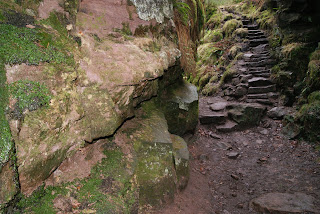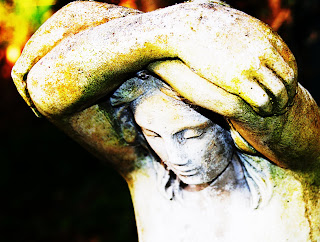ANNO MUNDI
Can you see me, are you near me?
Can you hear me crying out for life?
Can you tell me, where's the glory?
Ride the days and sail the nights
When it's over you'll find the answer
Running in the whispering rain
Anno Mundi? Can you wonder!
Truth or thunder, life or blame
 Do you see a vision of a perfect place?
Do you see a vision of a perfect place?
Does it make you laugh, put a smile on your face?
Do you need a mirror, do you see it well?
Does the hand of God still toll the bell?
There are people laughing
They're all laughing at you
If only they could see what you're saying is true
Still generals fighting, making war on the world
Don't they know, don't they know?
No, no, no
Can you hear me crying out for life?
Can you tell me, where's the glory?
Ride the days and sail the nights
When it's over you'll find the answer
Running in the whispering rain
Anno Mundi? Can you wonder!
Truth or thunder, life or blame
 Do you see a vision of a perfect place?
Do you see a vision of a perfect place?Does it make you laugh, put a smile on your face?
Do you need a mirror, do you see it well?
Does the hand of God still toll the bell?
There are people laughing
They're all laughing at you
If only they could see what you're saying is true
Still generals fighting, making war on the world
Don't they know, don't they know?
No, no, no
The wind in the night blows cold
Your eyes are burning
As the sands of our time grow old
Anno Mundi
Do you follow the path that so many tread?
Are you among the blind so easily lead?
Do you join the war, do you fight for the cause?
Depend on another to fight it alone


Your eyes are burning
As the sands of our time grow old
Anno Mundi
Do you follow the path that so many tread?
Are you among the blind so easily lead?
Do you join the war, do you fight for the cause?
Depend on another to fight it alone

The wind in the night blows cold
Your eyes are burning
As the sands of our time grow old
Anno Mundi
Can you see me now, can you hear me now?
Can you tell me where's the glory?
Ride the days and sail the nights
Your eyes are burning
As the sands of our time grow old
Anno Mundi
Can you see me now, can you hear me now?
Can you tell me where's the glory?
Ride the days and sail the nights
When it's over, you'll find the answer
running in the rain
There's a hope that's growing and a vision too
All those angry hearts now reach out for you
Do you look to the dawn, see a new day begun?
No longer the fool, the vision is done.
running in the rain
There's a hope that's growing and a vision too
All those angry hearts now reach out for you
Do you look to the dawn, see a new day begun?
No longer the fool, the vision is done.

ODIN’S COURT
As you walk alone the night surrounds you like a shroud
The dreams you had were once of love and being proud
Misty horizons block your vision of the world
But the raven's eyes will show you all you need to know
The land you loved is now so barren and so cold
The name of God rings out so high in your soul
This time the masters will lead us by the sword
And should we fail then all prevails in Odin's court
The dreams you had were once of love and being proud
Misty horizons block your vision of the world
But the raven's eyes will show you all you need to know
The land you loved is now so barren and so cold
The name of God rings out so high in your soul
This time the masters will lead us by the sword
And should we fail then all prevails in Odin's court
IMAGES:
beforeitsnews.com
justseeds.org
flickriver.com
alfred-sisley.org
thebooksmugglers.com


















